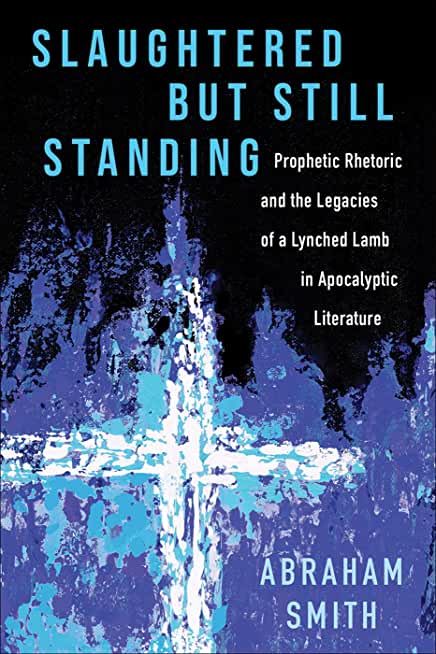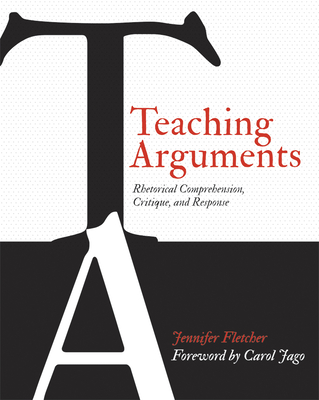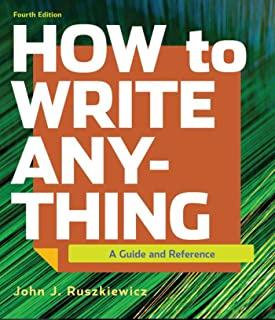
"When a reviewer sees a manuscript like this, she should think, "Why hasn't anyone done this before?" That was exactly my response to Global Rhetorical Traditions: Why hasn't anyone put together a comprehensive collection of global rhetorical contributions? Hui Wu and Tarez Samra Graban make clear that they are whom we've been waiting for." -Cheryl Glenn
"Bringing together a diverse range of sub-editors who expertly explain and analyze rhetorics and traditions from Africa, India, Russia, Polynesia, Turkey, and more, this is just the book my graduate students in rhetoric have been looking for and one my undergrads, in the multi-identity, multi-cultural context in which I teach will simply love. I know, cuz I do." -Vershawn Ashanti Young
"A global counterpart to Bizzell, Herzberg, and Reames's The Rhetorical Tradition, this meticulously edited volume expands not only the spectrum of transnational and comparative rhetorics but also the methodologies required for analyses. A stellar contribution to our scholarship, GRT will become a foundational source for study and a well-charted map guiding future research." -Richard Leo Enos
"With the use of translations of exemplary texts and robust analyses and interpretations, this volume re-casts our sense of origin and impact in rhetorical arenas over time." -Jacqueline Jones Royster
". . . a groundbreaking reference for a better appreciation and understanding of non-European cultures and their rhetorical nature. I am sure that it will appeal to a large audience among all scholars of Comparative Rhetoric, Comparative Literature, Comparative Poetics, and World Literature." -Hany Rashwan
The book is one of the most important anthologies of the last two generations and is a must-read for scholars and teachers of rhetoric. The volume is trustworthy, carefully crafted, and, simply, phenomenal. I recommend it highly.-Kathleen Ethel Welch
Wide-ranging in scope, innovative in methodology, and significant in its contribution, Global Rhetorical Traditions teaches us what it means to engage with global rhetorical traditions in the twenty-first century.-LuMing Mao
Hui Wu is Professor of English and Chair of the Department of Literature and Languages at the University of Texas at Tyler. Tarez Samra Graban is Associate Professor of English at Florida State University.
Contributors: Raed Alsawaier, Leonora Anyango, Maha Baddar, Shuv Raj Rana Bhat, Gregory Coles, Trey Conner, Rasha Diab, Richard Doyle, Robert Eddy, Lahcen Ezzaher, Tarez Samra Graban, Shreelina Ghosh, Elif Guler, ku'ualoha ho'omanawanui, Steven B. Katz, Andrew Kirkpatrick, Uma Krishnan, Haixia Lan, Keith Lloyd, Anne Melfi, Georganne Nordstrom, Lana Oweidat, Maria Prikhodko, Ellen Quandahl, Jim Ridolfo, Brian J. Stone, Jeffrey Walker, and Hui Wu.







